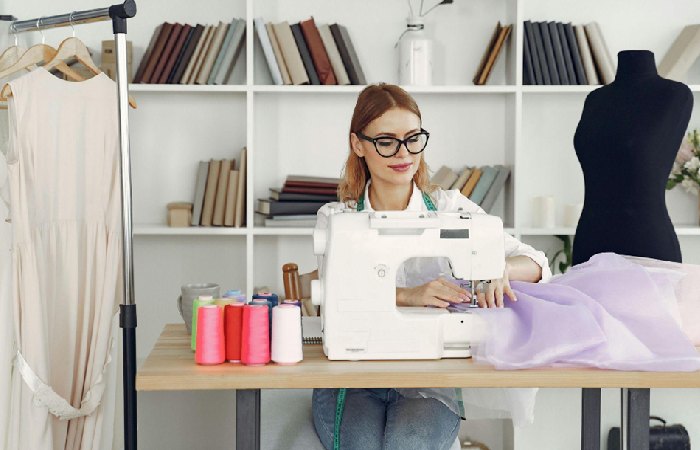The fashion industry has a reputation. It is often wasteful. It can be polluting. A major shift is now happening. Consumers are asking tough questions. They are curious about the origins of their clothes. They care about the planet.
This demand is fueling a powerful transformation. The entire supply chain is being reimagined. The role of sustainable clothing manufacturers is central to this revolution. They are not just making clothes. They are building a better system.
Table of Contents
Rethinking Materials From the Ground Up
Change starts with the fabric. Conventional cotton uses tons of water and pesticides. Virgin polyester comes from fossil fuels. Sustainable manufacturers seek alternatives. They source organic cotton and linen. They explore amazing new materials.
Fabrics made from recycled plastic bottles are common. Some use algae, mushrooms, or even coffee grounds. These innovations reduce environmental harm. They give designers exciting new textures to work with. The very substance of fashion is becoming greener.
A Water and Energy Revolution
Traditional fabric dyeing is a dirty process. It often pollutes rivers with toxic chemicals. Factories consume massive amounts of energy. Sustainable producers are tackling this problem head-on. They invest in waterless dyeing technologies. They use digital printing to minimize waste. Their facilities often run on solar or wind power. They treat wastewater thoroughly before releasing it.
Every step is analyzed for its impact. The goal is a much smaller carbon footprint. This creates a cleaner, more responsible production cycle.
Valuing People and Craftsmanship
Sustainability is not just about the environment. It is also about people. Fast fashion relies on low-cost labor and often involves tough working conditions. Ethical manufacturing flips this model. A true sustainable clothing manufacturer treats its workers with respect. It provides safe facilities and fair wages. It often preserves traditional artisan skills.
This focus on human dignity creates higher quality garments. It builds stronger, more resilient communities. The story behind your clothes becomes one of positive impact.
The Rise of Circular Thinking
The old model is linear. We take, we make, and we waste. Sustainable manufacturers champion a circular economy. They design clothes for longevity and repair. They use mono-materials that are easier to recycle.
Some brands even offer take-back programs. Old garments get transformed into new ones. This drastically cuts down on landfill waste. It turns a used item into a valuable resource. Fashion becomes a loop, not a dead end.
Radical Transparency as the New Standard
Secrecy was the old rule. Brands hid their factory lists. Sustainable practices demand openness. Manufacturers are now proud to share their processes. They provide detailed information about their supply chains.
Blockchain technology can track a garment from field to factory. Consumers can scan a QR code and see the entire journey. This transparency builds immense trust. It holds everyone accountable for their actions. There is nowhere left to hide.
Challenging the Speed of Fashion
Fast fashion trains us to expect new styles every week. This pace is unsustainable. It leads to overproduction and waste. Sustainable manufacturing naturally promotes a slower approach. Quality materials and ethical labor take more time.
This encourages a “slow fashion” mentality. Brands produce smaller, more thoughtful collections. Consumers learn to value well-made pieces that last for years. The focus shifts from quantity to quality and timeless design.

The Inevitable Future
Sustainable manufacturing is no longer a niche trend. It is becoming the industry benchmark. New legislation is pushing brands toward greener practices. Consumer demand is growing louder every day. The innovators leading this change are proving something crucial. They show that ethics and profit can coexist. In fact, they often fuel each other.
This movement is reshaping our world. It is creating a fashion industry we can all feel good about. The future of fashion is not just stylish. It is smart and responsible.
A Final Stitch
This transformation is truly fundamental. We are witnessing a complete overhaul of fashion’s core principles. It moves us away from a cycle of waste and exploitation. Sustainable manufacturers are the architects of this new reality. They prove that great style does not require ethical shortcuts.
Every conscious choice, from material to manufacturing, weaves a stronger future. Our wardrobes are becoming a force for good. This is more than a trend. It is the new blueprint for a beautiful and accountable industry. The change is already here.

